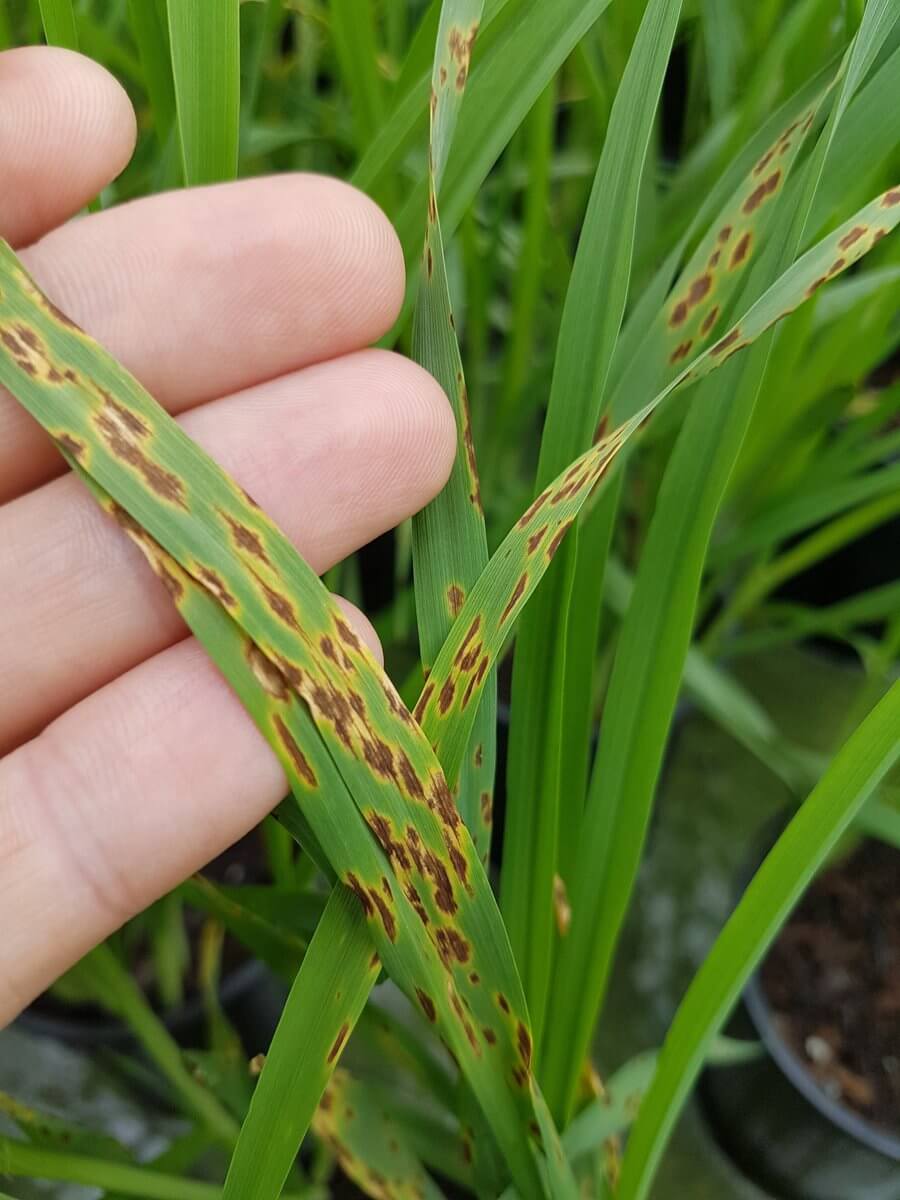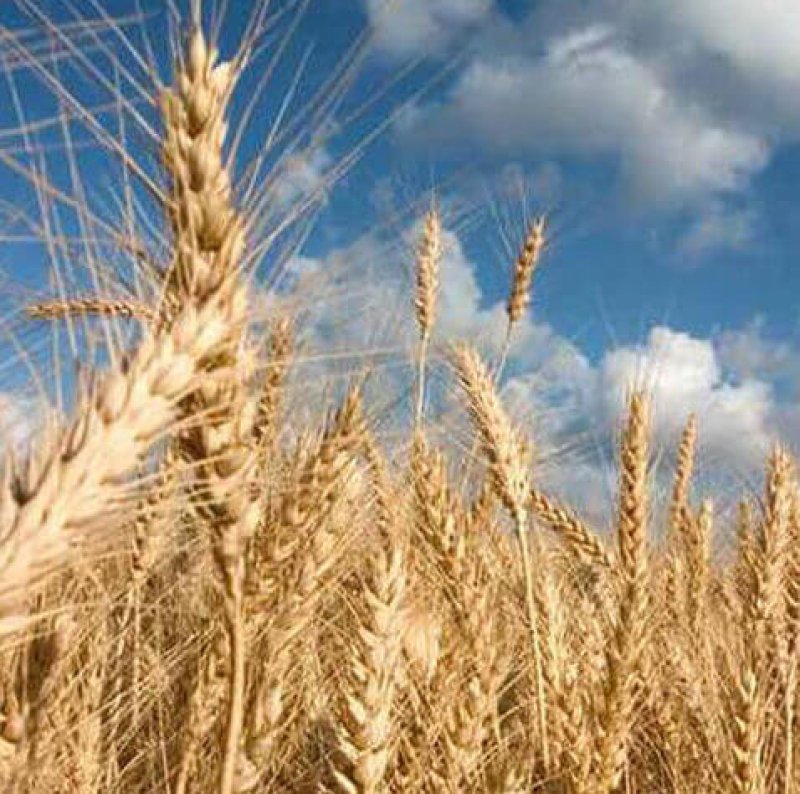Editor’s note: Wheat rust and spot blotch are two fungal diseases that cause a devastating amount of crop damage around the globe each year.
India accounts for 13% of the total global wheat production. However, enhancing the production in the face of changing climate inter alia requires protection against … various biotic stresses, three rust diseases … are the major threats to wheat production globally.
…

[I]t is imperative to search for new resistance sources for these diseases to minimize the yield losses under changing climate. Evaluation of the entire cultivated wheat collection of Indian genebank at multiple hotspots in the present study allowed shortlisting of potential resistance sources. For instance, as many as 244 bread wheat and 253 durum wheat accessions conserved in the Indian Genebank were either resistant or moderately resistant to stripe rust pathotypes occurring across two hotspots. The results showed the possibility of identifying sources of diverse genes for partial resistance against stripe rust as well as sources of slow rusting genes against the rapidly evolving rust pathogens. Marker-based screening indicated ample genetic diversity of resistant genes among wheat germplasm. The geographical source of potentially resistant germplasm emphasized the need for further collecting missions (particularly from the state of Uttarakhand, India) as well as continued significance of germplasm exchange across borders.
The GLP aggregated and excerpted this blog/article to reflect the diversity of news, opinion, and analysis. Read full, original post: Evaluation of 19,460 Wheat Accessions Conserved in the Indian National Genebank to Identify New Sources of Resistance to Rust and Spot Blotch Diseases































